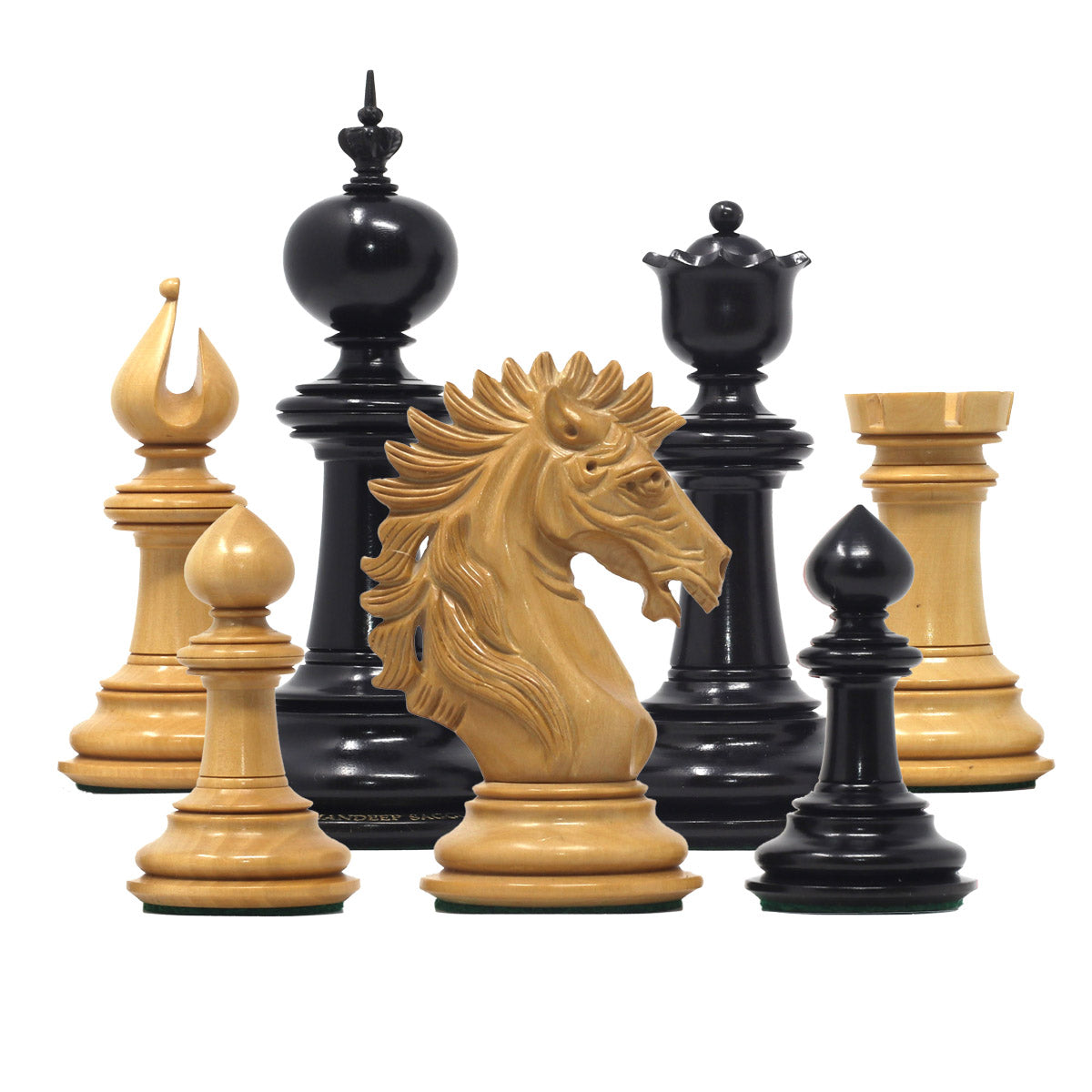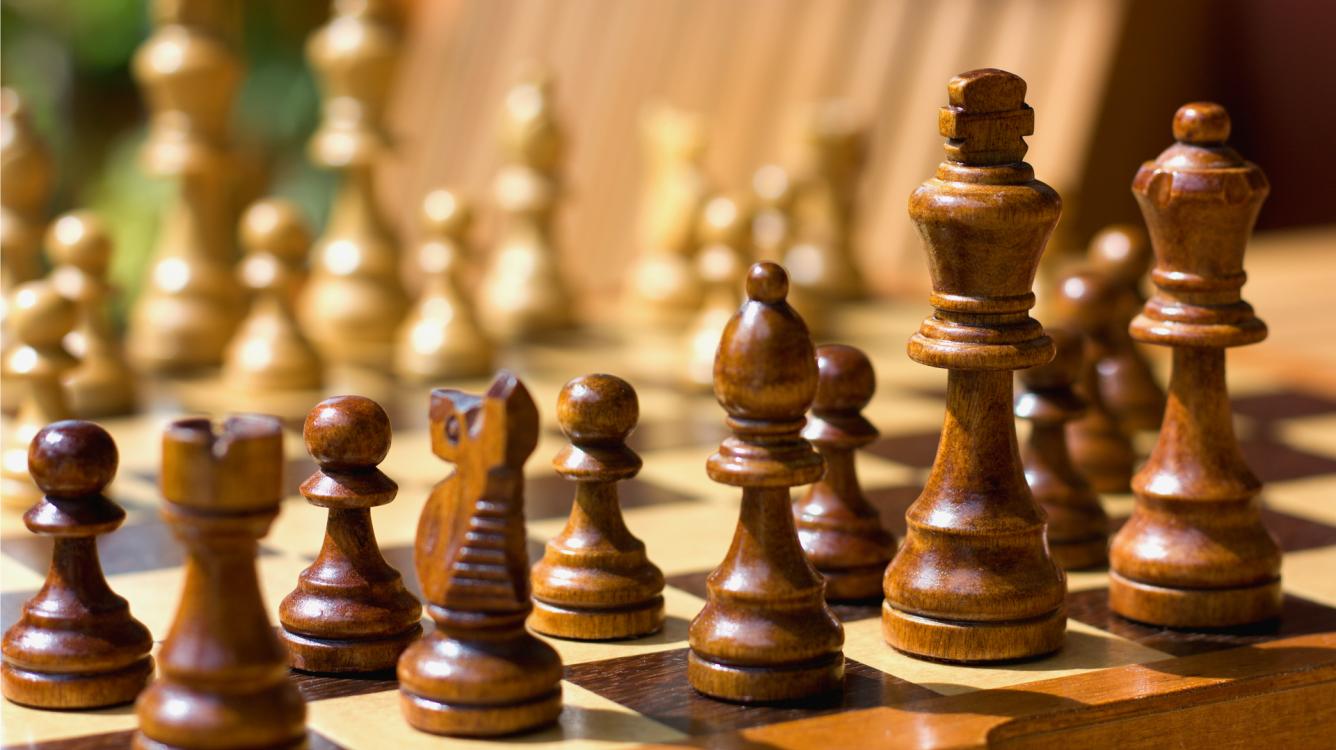Approaches for Chess: Unlocking the Secrets to Understanding the Game
Chess approaches include a variety of techniques essential for success. Understanding the principles is essential for any type of gamer. Each stage of the game-- from openings to endgames-- requires an unique strategy. Understanding these aspects can result in significant advantages. However, the trip doesn't end with fundamental expertise. There are much deeper layers to explore, exposing the intricacies that can absolutely elevate one's game. What lies beyond the surface area of these fundamental strategies?
Comprehending the Principles of Chess
While several players concentrate on advanced strategies and methods, comprehending the basics of chess is essential for anyone seeking to improve their game. The foundation of chess begins with the rules, which dictate how each item actions and captures. Knowledge with the board's format and item worths is crucial, as it assists players examine settings and make educated choices.
In addition, understanding standard ideas such as control of the facility, item advancement, and king safety and security prepares for reliable gameplay. Gamers should discover the value of preserving pawn framework and recognizing risks, as these aspects can substantially influence the outcome of a suit.

Establishing a Winning Opening Technique
A successful opening technique in chess is vital for developing a helpful setting early in the game. Players frequently concentrate on crucial principles such as item advancement, control of the center, and king safety and security. Establishing items effectively enables better movement and tactical opportunities, while inhabiting the main squares improves impact over the board.
Opening methods can vary substantially, from aggressive lines focused on quick assaults to solid developments that focus on defense and steady advancement. Knowledge with common openings, such as the Ruy Lopez or Sicilian Protection, can provide players with an arsenal to draw from and adjust to challengers' reactions.
In addition, maintaining adaptability in one's opening technique is essential, as stiff play can lead to predictable patterns quickly exploited by experienced challengers. Ultimately, a winning opening method establishes the stage for a successful center game, leading the way for success.
The Relevance of Board Control
Board control functions as an essential element of chess approach, greatly influencing the result of the game. Efficient board control permits a gamer to dictate the speed and circulation of the match, offering possibilities for strategic advancement while restricting the opponent's options. By occupying crucial squares, particularly in the center, gamers can boost their piece mobility and produce more powerful placements.
Regulating the board also facilitates better coordination among pieces, enabling tactical combinations and defenses. Chess. This advantage typically equates into enhanced pressure on the opponent, leading to possible mistakes or mistakes. Conversely, a lack of board control can leave a gamer prone, as their items become limited in motion and efficiency
Hence, understanding the art of board control is essential, as it lays the structure for effective maneuvers and long-term critical preparation, inevitably determining the victor in chess.
Methods and Combinations: Finding Hidden Opportunities
Revealing tactics and mixes is essential for getting an advantage in chess, as it allows gamers to manipulate weak points in their opponent's setting. Tactical awareness includes acknowledging patterns such as forks, pins, her comment is here and skewers, which can lead to product gain or positional advantage. Gamers should constantly check the board for covert chances, assessing potential threats and reactions.
Mixes frequently include a series of moves that may initially appear counterproductive but can culminate in a definitive end result. Chess. Sacrificing a piece to lure a challenger into a trap can move the game's momentum.
Reliable computation is crucial; players have to imagine several moves in advance to anticipate the consequences of their actions. Regular method of tactical challenges can hone this ability. Ultimately, understanding strategies and mixes encourages players to seize control of the game, transforming apparently normal positions into winning chances.
Endgame Techniques: Protecting Your Success
Mastery of strategies and mixes prepares for success, but recognizing just how to transform advantages into victory during the endgame is similarly essential. In this phase of the game, players have to focus on piece coordination and pawn promo. Understanding essential concepts such as opposition and regulating key squares can significantly boost one's chances of winning.
Effective endgame methods entail streamlining the position when ahead, trading pieces to reduce the opponent's counterplay, and making use of the king proactively as a battling piece. Gamers should aim to create passed pawns that can progress toward promo, requiring the opponent to divert resources to prevent them.
Exercising common endgame situations, such as king and pawn versus king, can offer invaluable experience. Lastly, keeping perseverance and foresight during the endgame will typically separate the newbie from the master, as decisive moments can occur suddenly.
Examining Your Challenger's Steps
How can a player effectively anticipate their opponent's approach? Examining a challenger's actions is crucial for establishing a competitive side in chess. Players should observe patterns in their opponent's play style, keeping in mind recommended you read tendencies such as hostile or defensive maneuvers. By comprehending these patterns, a gamer can predict possible reactions and prepare counter-strategies.
Additionally, acknowledging the opening options can disclose a wide range of information relating to a challenger's favored approaches. Players must additionally review the timing and context of specific steps, checking out the underlying inspirations behind them.
Employing methods such as preserving a versatile attitude and adapting to shifts in the game can improve a gamer's ability to react effectively. Furthermore, tracking their challenger's clock administration might offer understandings right into their level of confidence and comfort with the position. In general, meticulous observation and analysis are vital for expecting and combating a challenger's method.
Continual Knowing and Renovation in Chess

Continuous discovering is a fundamental aspect of improving one's chess game, matching the analytical skills created via observing challengers. Players can boost their capabilities by researching timeless games, checking out opening theories, and involving with literary works on sophisticated approaches. On-line sources and chess engines give very useful devices for examining past video games, permitting gamers to recognize blunders and fine-tune their decision-making processes.
Taking part in competitions and informal suits is necessary for functional experience, making it possible for gamers to use new knowledge in real-time circumstances. Additionally, joining clubs or on-line discussion forums fosters a neighborhood atmosphere where gamers can exchange understandings, talk about strategies, and get positive responses.
Routinely evaluating one's very own video games and those of higher-rated gamers aids light up locations for enhancement - Chess. By cultivating a mindset of lifelong discovering, chess lovers can constantly adapt, evolve, and inevitably reach their potential in this intricate and rewarding game
Often Asked Concerns
What Are the very best Chess Books for Beginners?
The very best chess books for novices consist of "Chess for Dummies" by James Eade, "The Complete Moron's Guide to Chess" by Patrick Wolff, and "Bobby Fischer Shows Chess." These resources provide fundamental techniques and vital understanding for why not check here new players.
Exactly how Do I Manage Losing Touches in Chess?

What Online Platforms Are Best for Practicing Chess?
Popular on the internet systems for exercising chess include Chess.com, Lichess.org, and Web Chess Club. Each offers different functions such as puzzles, tutorials, and competitive play, dealing with various ability degrees and preferences among chess fanatics.
Just How Can I Improve My Chess Visualization Abilities?
To improve chess visualization abilities, one must practice mental workouts, solve puzzles, evaluate video games without a board, and progressively increase the intricacy of settings. Routinely playing blindfold chess can likewise greatly enhance visualization abilities.
What Are Usual Mental Catches in Chess?
Typical mental traps in chess consist of insolence, time stress, and the worry of errors. Gamers might also come down with confirmation predisposition, leading them to ignore far better steps while focusing on previously successful methods.